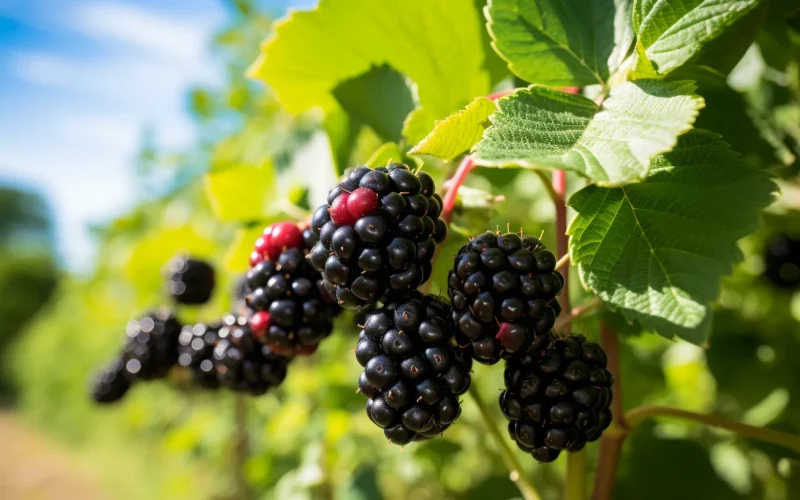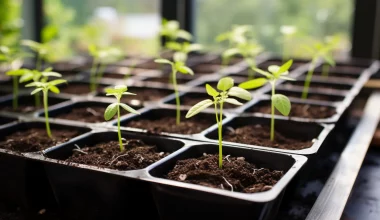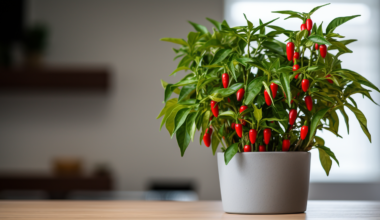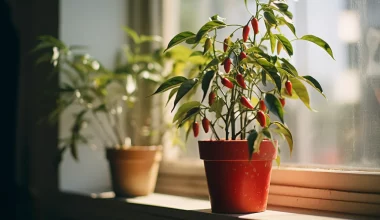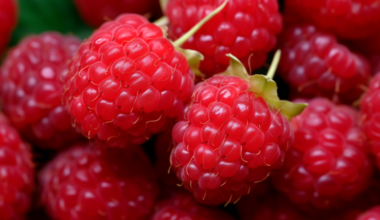Growing blackberries in your garden can be a rewarding experience. These succulent berries not only taste sweet but can also add a touch of wilderness to your garden. In this guide, we will explore everything you need to know about growing blackberries in your garden, specifically tailored for UK gardeners.
- 1. Choosing the Right Variety for Your Climate
- 2. Selecting the Perfect Spot for Growing Blackberries in Your Garden
- 3. Preparing the Soil
- 4. Planting Blackberries
- 5. Supporting Your Plants
- 6. Pruning and Maintenance
- 7. Watering and Feeding
- 8. Harvesting Your Blackberries
- 9. Dealing with Common Pests and Diseases
- 10. Overwintering Blackberries
- Conclusion: Enjoying the Fruits of Your Labour
1. Choosing the Right Variety for Your Climate
In the UK, climate can vary widely, so it’s important to choose a variety that’s suited to your particular region. Look for hardy varieties that are known to perform well in the UK’s temperate climate.
2. Selecting the Perfect Spot for Growing Blackberries in Your Garden
Blackberries prefer full sun but can tolerate partial shade. They need well-drained soil, rich in organic matter. Make sure the selected spot is not overly exposed to wind to avoid damage to the growing plants.
3. Preparing the Soil
Before planting, enrich the soil with compost or well-rotted manure. The pH level should ideally be between 6.0 and 7.0, so you may want to perform a soil test and adjust accordingly.
4. Planting Blackberries
Plant bare-root blackberries in late autumn or early winter. Space them 1.5 to 2 meters apart, and dig a hole large enough to accommodate the root system. Place the plant in the hole, backfill with soil, and water well.
5. Supporting Your Plants
Blackberries are vigorous growers. Support them using trellises or stakes, tying the canes as they grow. This not only keeps the garden tidy but also improves air circulation, reducing disease risk.
6. Pruning and Maintenance
Regular pruning is essential for growing blackberries in your garden. In late summer, prune fruiting canes back to ground level after harvest, and trim lateral branches on new canes to encourage branching.
7. Watering and Feeding
Blackberries need consistent moisture, especially during dry spells. Water deeply once a week and more frequently during fruit development. Feed with a balanced fertilizer in early spring to promote growth.
8. Harvesting Your Blackberries
Harvesting is the most exciting part of growing blackberries in your garden. Pick the berries when they are fully black and detach easily from the plant. Enjoy them fresh, or use them in jams, pies, and other delightful recipes.
9. Dealing with Common Pests and Diseases
Growing blackberries in your garden can sometimes attract pests like aphids and birds. Netting can protect the berries, and regular inspection helps catch issues early.
10. Overwintering Blackberries
In colder regions, some protection may be needed in winter. Mulching with straw or wood chips helps insulate the plants and preserves moisture.
Conclusion: Enjoying the Fruits of Your Labour
Growing blackberries in your garden offers numerous rewards. From the joy of planting to the delight of harvesting, the process can be a delightful hobby for UK gardeners.
Follow these guidelines, and you’ll find that growing blackberries in your garden is not only possible but also a satisfying and delicious venture. With patience, care, and a bit of knowledge, you can transform your garden into a blackberry haven. Whether you enjoy them fresh off the vine or as part of a tasty dessert, the sweet reward of your labor awaits. Happy gardening!
